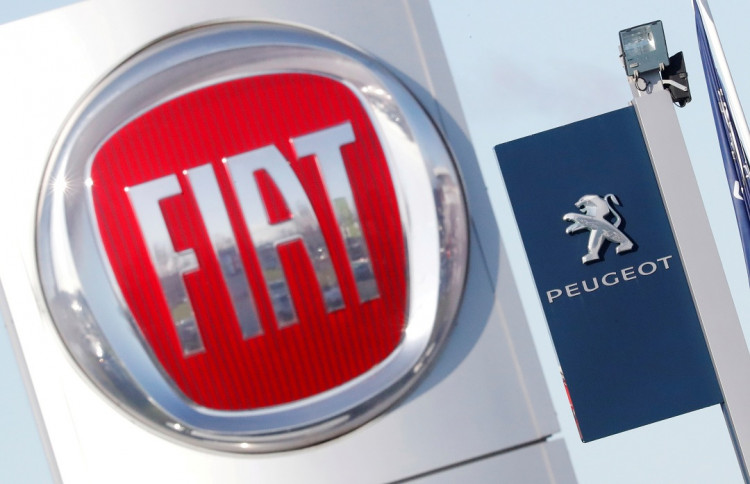Fiat Chrysler and Peugeot have finally reached an agreement to merge both companies, essentially establishing the world's fourth-largest carmaker by volume. The two companies signed a 50-50 all-stock merger deal that will combine their most iconic brands under one entity, including popular nameplates such as Jeep, Maserati, Dodge, and Citroen.
Independently Fiat Chrysler and Peugeot are barely in the world's top 10 automotive companies list. However, when combined, the two companies will overtake GM, Honda, and Ford to become the fourth-largest carmaker, right behind Volkswagen, Renault-Nissan-Mitsubishi, and Toyota.
Officials have yet to reveal the actual name of the merged companies, stating that it is still too early in the process to discuss the matter. The yet-to-named company is expected to generate revenues of close to $189 billion and sell up to 8.7 million cars worldwide annually.
Apart from being the fourth-largest in terms of volume, the merged company will become the third-largest in terms of revenue. The new company will reportedly be based in the Netherlands.
The all-stock deal will give shareholders of both companies stock in the newly formed automotive firm. According to a joint press release published this week, the combined company will be led by Peugeot's Groupe PSA CEO Carlos Tavares, who will be acting as its chief executive. Meanwhile, Fiat Chrysler's FCA Chairman John Elkann will become the combined company's chairman.
Tavares mentioned in a prepared statement that the merger should provide huge opportunities for both companies as well as cement its position in its global auto industry. Part of the new company's strategy will be to safely transition into a cleaner, safer, and more sustainable forms of mobility by utilizing advanced technologies and services.
The incoming CEO of the merged company added that both Peugeot and Fiat Chrysler have managed to stay on top despite the recession and the challenge now will be to make the new company more competitive in the global market. To achieve this goal, the two companies are planning to significantly cut costs by sharing vehicle platforms, engines, and other technologies across their different brands.
Both companies clarified that they will not be shutting down any existing plants as a result of the merger. All of the companies' existing operations will apparently still proceed as normal as there still needs to be a lot to be discussed in terms of the merged company's next steps. The deal is expected to be finalized by the end of next year as it will still need the approval of shareholders and regulators from different countries.






